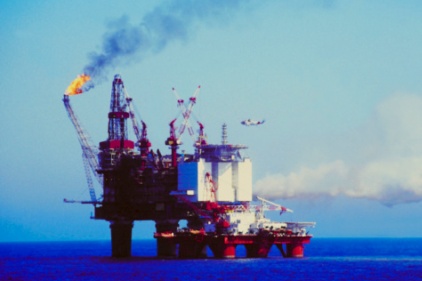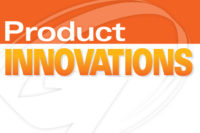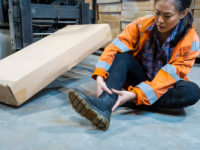 A new study shows that despite common perception, the majority of air medical evacuations, or medevacs, are not from occupational injuries or trauma.
A new study shows that despite common perception, the majority of air medical evacuations, or medevacs, are not from occupational injuries or trauma.
Safety Management Systems (SMS) Medical Director Donald P. Thibodaux, M.D. — along with coauthors Robert M. Bourgeois, M.D., MPH; Ronald R. Loeppke, M.D., MPH; Doris L. Konicki, MHS; Pamela A. Hymel, M.D., MPH; and Marianne Dreger, MA — spearheaded a study on medevacs that is featured in the July 2014 issue of the Journal of Occupational and Environmental Medicine.
On oil rigs: More chest pain than work-related injuries
The article, “Medical Evacuations from Oil Rigs off the Gulf Coast of the United States from 2008 to 2012: Reasons and Cost Implications,” used data of medical calls from 102 oil rigs and platforms in the Gulf of Mexico from 2008 through 2012, with specific analysis of medevacs. The study found that, on average, 77% of medevacs were for non-occupational medical injury or illness, with the most common reason being chest pain. Only 23% were for occupationally related injury or illness.
“Medevacs are costly, and the remote locations of the facilities make patient transport inherently more risky,” Thibodaux said. “Appropriate pre-placement and pre-deployment fitness-for-duty assessments and return-to-work evaluations for offshore workers, coupled with a company health and wellness program, can significantly reduce medevac rates.”
Oil & gas industry interested
Thibodaux first presented the study in a session at the American Occupational Health Conference in San Antonio, the largest occupational medicine conference in the world. Medical directors from BP, Shell, ExxonMobil, Chevron and other companies attended the session, which was one of the most referenced of the week.
As SMS medical director, Thibodaux oversees the division’s remote paramedic service, remaining on 24-hour call for emergency physician consultations and virtual examinations by an advanced video conferencing system, known as telemedicine. This technology allows Thibodaux to examine, diagnose, and treat employees in remote locations, reducing unnecessary transports and evacuations.
For more information about Safety Management Systems, please visit safetyms.com or call 1.800.252.5522.









